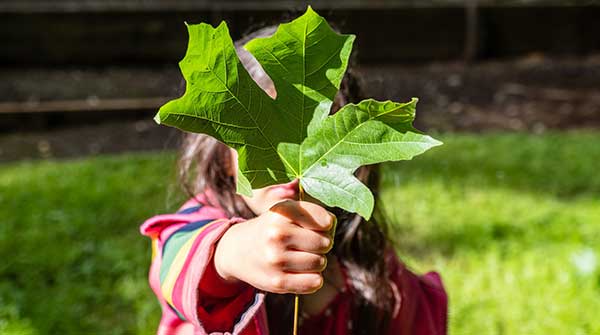Canadians embracing environmental responsibility in their diets
 Headlines are dominated by reports of wildfires in Maui, Hawaii, Yellowknife, and the raging fires in Kelowna. These wildfires pose a significant threat to British Columbia’s Okanagan Valley, a region that contributes a remarkable 25 percent to the province’s total agricultural output.
Headlines are dominated by reports of wildfires in Maui, Hawaii, Yellowknife, and the raging fires in Kelowna. These wildfires pose a significant threat to British Columbia’s Okanagan Valley, a region that contributes a remarkable 25 percent to the province’s total agricultural output.
The Okanagan Valley plays a pivotal role in the cultivation of apples, peaches, pears, and various tree fruits, serving as the primary producer. Replacing trees in the event of damage can take several years, which is unsettling news for farmers and consumers alike.
The media inundates us with increasingly frequent and destructive natural disasters, making it clear that climate change has become a significant player in our reality. But how does this affect our dietary choices?
 Photo by Alan Rodriguez |
| Related Stories |
| Canada to miss 2030 emissions target despite $113B investment
|
| A Q and A with skeptical environmentalist Bjorn Lomborg
|
| Are some cows better at weathering climate change?
|
In partnership with Caddle, we conducted a nationwide study surveying 5,450 Canadians about their eating habits to measure the impact of climate change on their perceptions of food security. The results, based on a survey conducted just a few weeks ago this year, are revealing and raise questions about the growing influence of climate change on what we put on our plates.
The survey reveals that more than half of Canadians, a staggering 52.3 percent, are either very concerned or extremely concerned about climate change. This concern is not unfounded, as 73 percent of Canadians believe climate change affects weather patterns, resulting in higher temperatures in Canada.
When it comes to food production, 61 percent of Canadians believe that climate change is impacting Canada’s ability to produce food. However, it is heartening to note that despite these concerns, 60.3 percent of Canadians believe we will continue to have access to the same foods regardless of climate-related changes and patterns. This suggests a certain confidence in the resilience of our food system.
Yet, Canadians are worried about food availability. Nearly half, or 47.1 percent, fear climate change will affect food availability. Some have already noticed these changes, with 40.1 percent of Canadians reporting alterations in the availability or variety of certain foods during the summer over the past few years.
What is even more intriguing is that environmental concerns are now influencing the dietary choices of some Canadians. Nearly 38 percent of them often or always consider the environmental impact of their food choices during the summer. This demonstrates a gradual shift toward a more sustainable diet, one that is conscious of its environmental footprint.
However, there are regional disparities across Canada. Quebec, with 48.1 percent, has the highest percentage of respondents who consider the environmental impact of their food choices during the warmer months, while Saskatchewan, with only 26.4 percent, has the lowest percentage. These differences may be attributed to various factors, including regional dietary habits and awareness of climate issues.
In conclusion, the findings of this study clearly indicate that Canadians are becoming increasingly aware of the connections between climate change and their diet. The natural disasters regularly afflicting our country make us reflect, and environmental concerns are increasingly influencing our dietary choices.
It is crucial to note that the growing awareness of climate issues in our diet does not necessarily mean we should panic or completely give up meat, for example. The transition to a more sustainable diet can be gradual, by choosing environmentally friendly options, when possible, while still enjoying the foods we love.
Small actions, such as buying local and seasonal produce and reducing food waste, can have a significant impact on reducing our ecological footprint. The key is to stay informed, make informed choices, and support more sustainable agricultural and food practices that benefit both our health and the planet.
Dr. Sylvain Charlebois is senior director of the agri-food analytics lab and a professor in food distribution and policy at Dalhousie University.
For interview requests, click here.
The opinions expressed by our columnists and contributors are theirs alone and do not inherently or expressly reflect the views of our publication.
© Troy Media
Troy Media is an editorial content provider to media outlets and its own hosted community news outlets across Canada.

